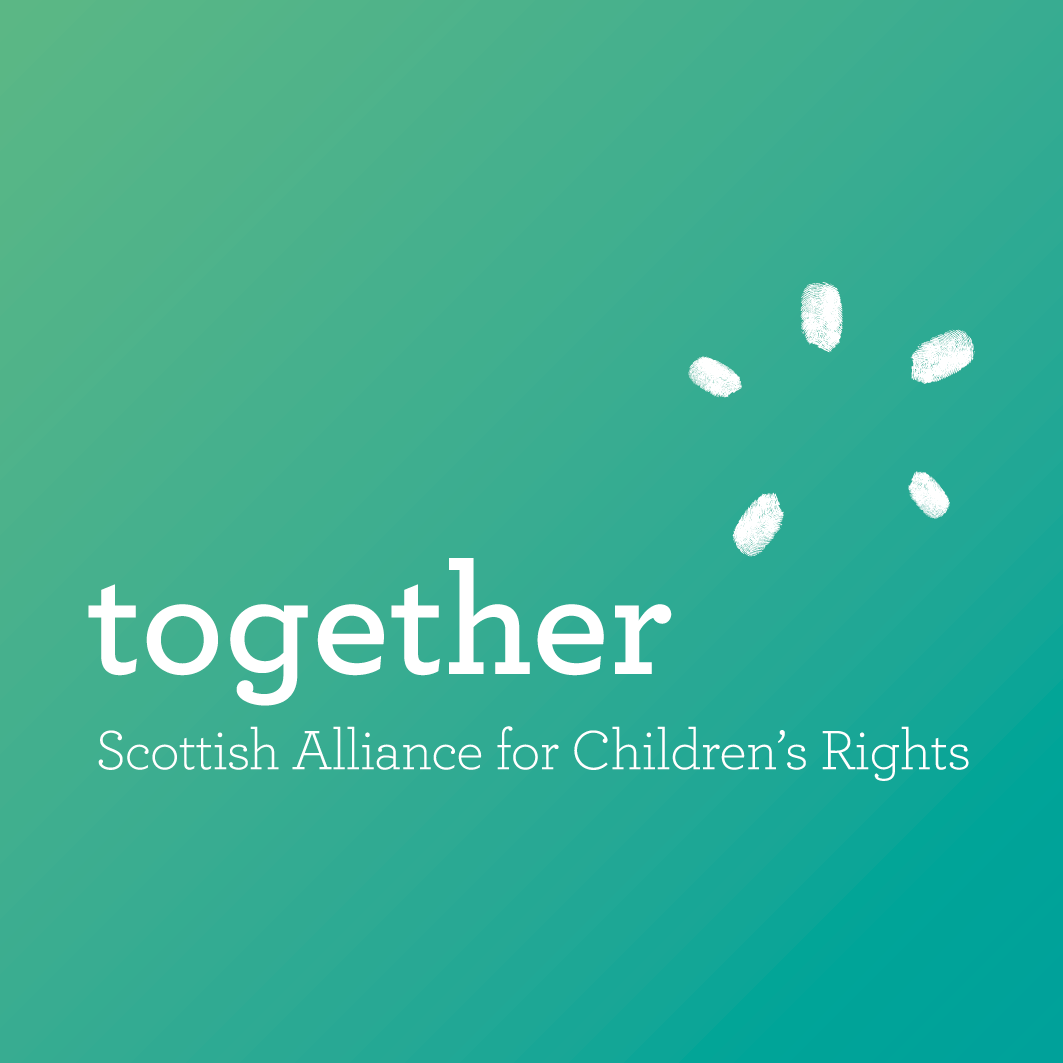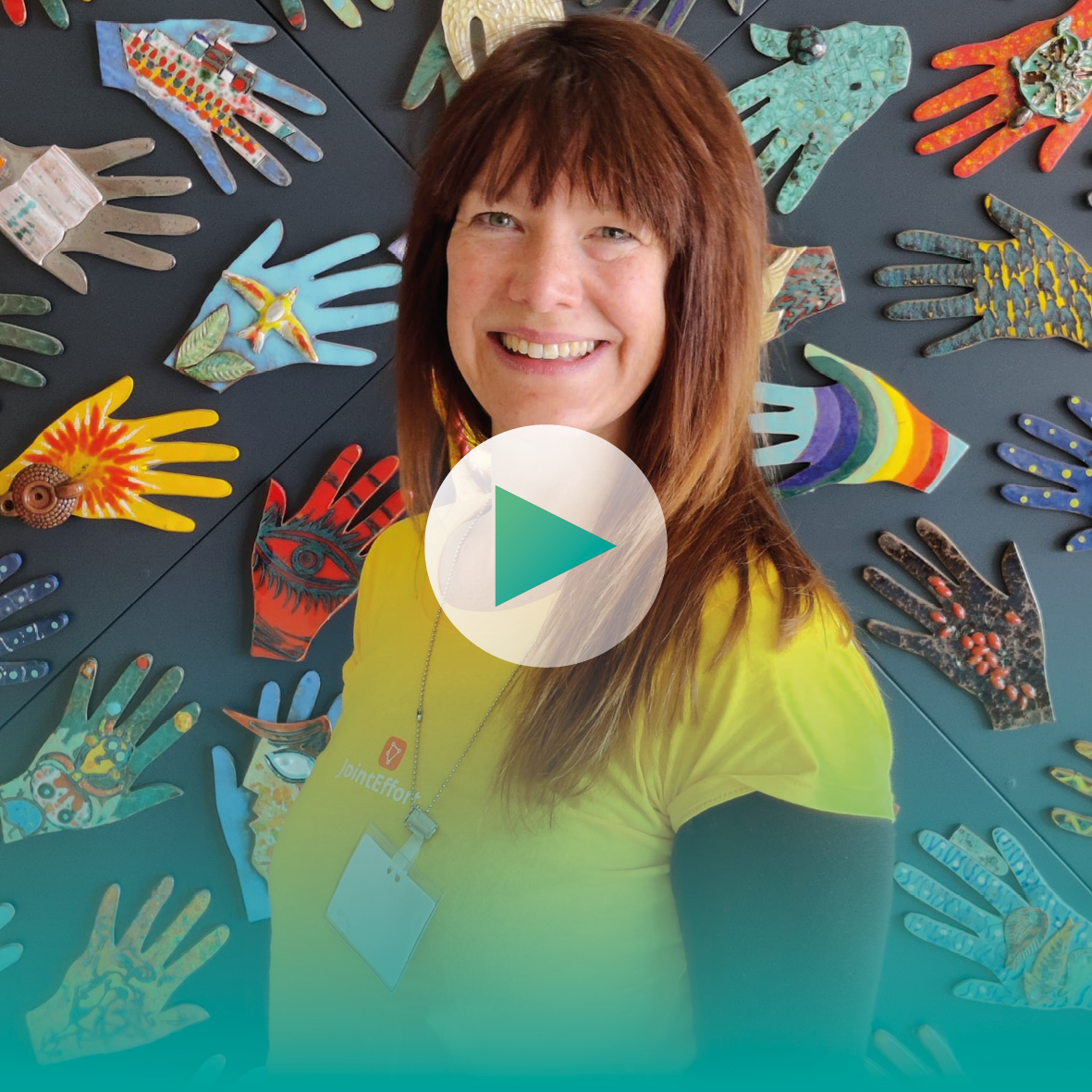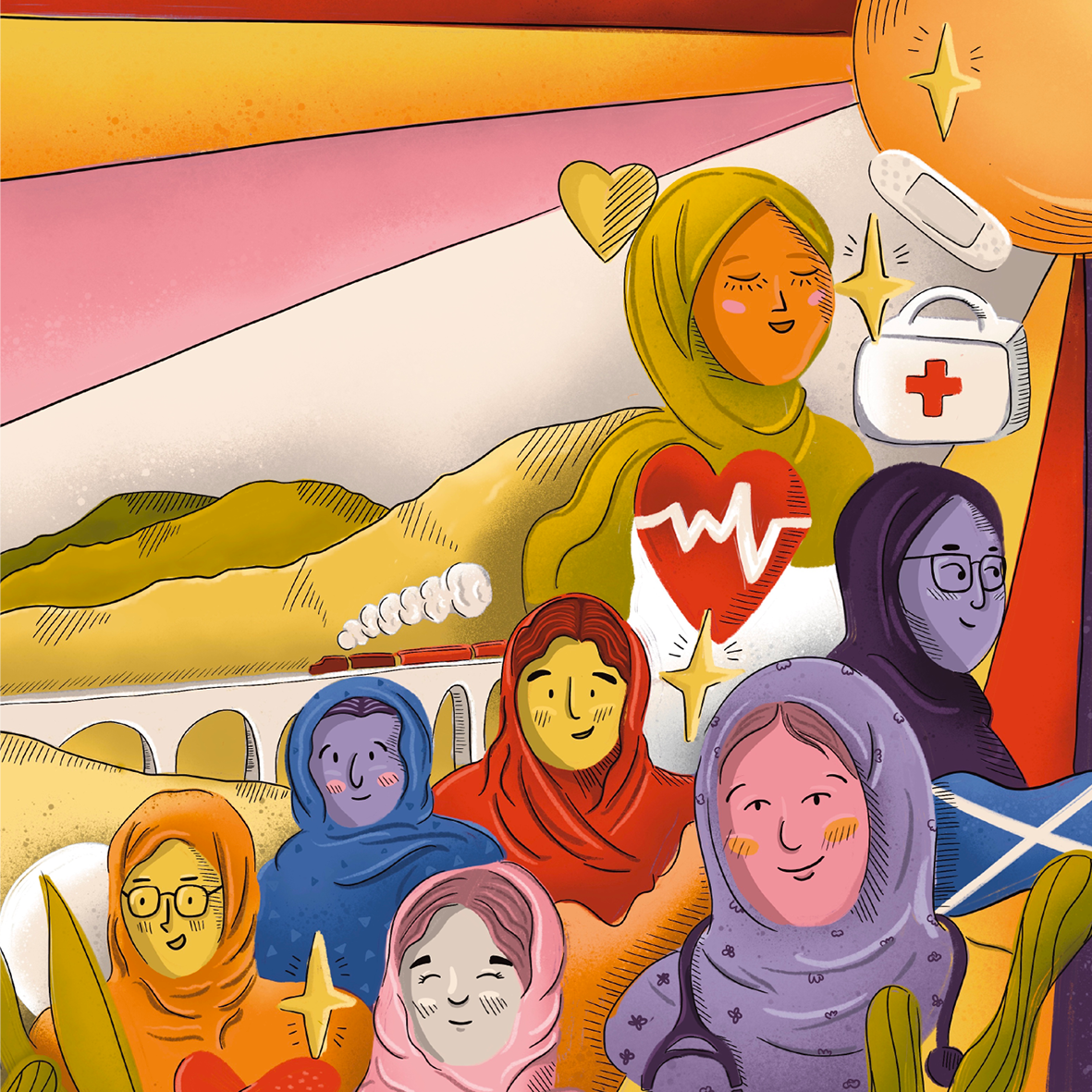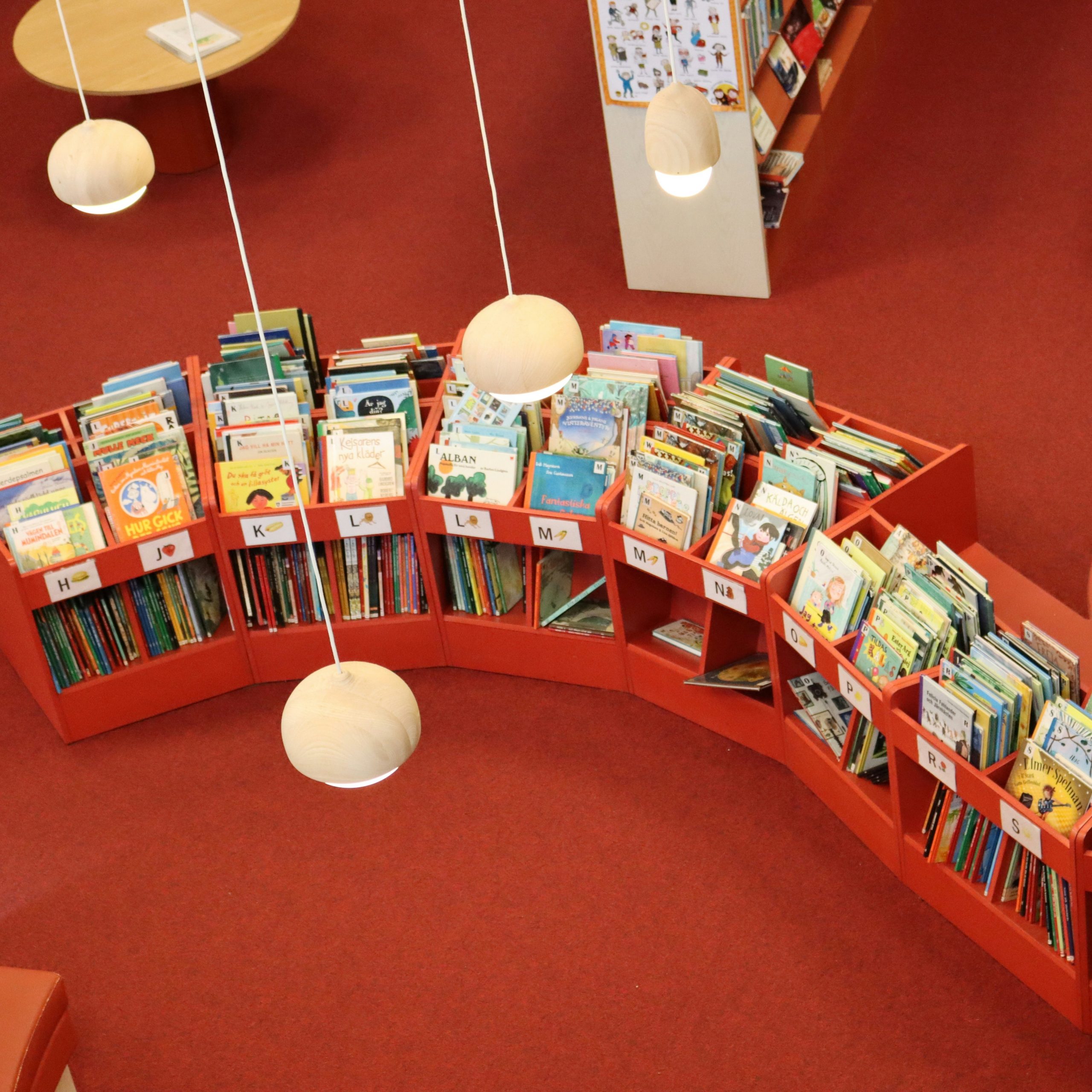Scotland celebrates UNCRC Act anniversary
15 Jul 2025
This week marks the first anniversary of the UNCRC (Incorporation) (Scotland) Act 2024, which cemented the UN Convention on the Rights of the Child into Scots law.
Scotland become the first nation in the UK to incorporate the UNCRC into law when on 16 July 2024, around four years after it was first introduced to the Scottish Parliament, integrating the UNCRC into Scots law as far as is possible under current devolution laws.
The UN Convention on the Rights of the Child was adopted by the UN General Assembly in 1989 and is made up of 54 articles that set out the civil, political, economic, social, and cultural rights that apply to every child, as well as the responsibilities that adults and governments have to ensure children and young people have access to these rights.
By incorporating the UNCRC into Scots law, public authorities are legally required to abide by its rules, and that children and young people and their representatives can use the UNCRC in Scottish courts to enforce their rights.
Children in Scotland CEO Dr Judith Turbyne said of the UNCRC anniversary:
“The incorporation of UNCRC last year was such an important moment for Scotland. As a country, we signalled our intent to put children's rights into the very core of our policy making. We should celebrate the anniversary and then roll up our sleeves. There is a lot of work to be done to make sure that the intention become reality for all children across Scotland.”

What is UNCRC incorporation?
Read this helpful summary on UNCRC from our close partners and member organisation, Together
Visit the Together website
Juliet Harris interview
Sam from Changing our World spoke to Juliet Harris, director of Together, about UNCRC, children's rights and Moomins
Watch the interviewEnquire
Find out more about Enquire, the national advice and information service for additional support for learning
Visit the websiteReach
The website for young people offers advice and support on accessing their rights
Visit the website


